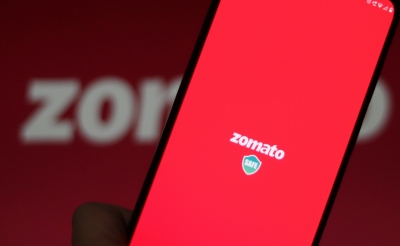Brokerages wait for clarity to factor in impact of GST notice on Zomato
In a filing to the exchanges, Zomato informed that it has received a show cause notice dated December 26, 2023 from the Directorate General of GST Intelligence, Pune Zonal Unit, JM Financial Institutional Securities said in a report.
The notice requires the company to show cause as to why a tax liability of slightly over Rs 4 billion towards delivery charges collected by it from the customers on behalf of the delivery partners should not be demanded along with relevant interest and penalty.
The demand is for the period from October 29, 2019 to March 31, 2022 so presumably the notice refers to Zomato’s food delivery business.
“Assuming the notice is extended till 1HFY24 (extended period of 1 Apr 2022 to 30 Sep 23), our back of the envelope calculations suggest the tax liability that could be demanded would increase by another Rs 4.25 billion without considering interest and penalty. Zomato already pays GST on delivery charges collected from customers in the Blinkit business, so we do not expect any such liability in that business. We await further clarity to emerge before factoring in any impact of the GST show cause notice in our model,” the report said.
“Assuming the final order as and when passed goes against Zomato, we strongly believe the platform would end up passing the GST burden directly to the end customers.
” However, in case Zomato decides to not pass on the GST burden to its end customers (assuming it fails to convince the GST department), the direct impact on its food delivery profitability (adj EBITDA) basis 2QFY24 could be around 0.9 per cent, which is significant considering it had reported adj. EBITDA of 2.6 per cent of GOV in the latest reported qtr,” it added.
Zomato has a cash balance of Rs 118 billion, enough to cover the impact of any adverse orders towards historical dues.
However, the key thing to watch out will be how long the case drags and the remedial measures that the company takes to mitigate any future tax liability demand, the report said.

